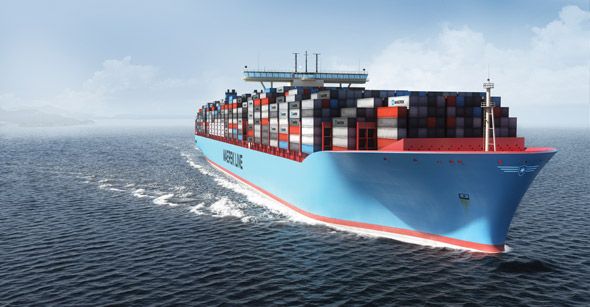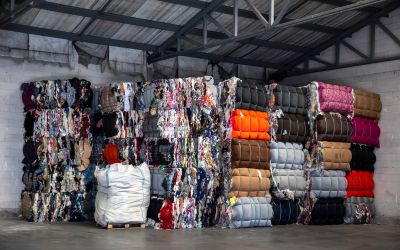BMT at the forefront of UK low-carbon shipping initiative
The BMT Group has joined an initiative aimed at limiting the environmental impact of carbon emissions from the world’s shipping systems.


The BMT Group, a leading international maritime design, engineering and risk management consultancy, has announced its involvement as an industrial partner in a three year UK research project aimed at limiting the environmental impact of carbon emissions from the world’s shipping systems.
90% of goods arrive in the UK by ship and current estimates show shipping’s share of global emissions could increase to 20-30% by 2050.
The research project, ‘Low carbon shipping – a systems approach’ will help the shipping industry to reduce levels of emissions in order to comply with new legislation and mitigate global warming.
The project has received £1.7m from the Research Councils UK (RCUK) Energy Programme, part of the £530m the programme is investing in research in low-carbon technologies.
The project will involve BMT in two main work packages, "Technologies for low carbon shipping" (including innovation in retrofit solutions), and "Energy efficient ship operations" (including human factors).
Dr Phil Thompson, Sector Director for transport at BMT Group, said “This is a very exciting opportunity to make a real difference to the design and operation of ships. We have to drive down costs and we have to drive down emissions. We at BMT are delighted to be using our experience in such an important research project by developing innovative design solutions. After all, a more efficient ship is a greener ship.”
BMT will be part of a multi-disciplinary consortium made up of researchers from five universities and international industrial partners such as Lloyd’s Register, Shell and Rolls Roycer.
A recent study by the IMO (International Maritime Organisation) revealed that without immediate and necessary action by the end of the decade emissions from ships would increase by up to 72%. Therefore, the creation and implementation of new technologies to help combat emissions within the sea freight and transportation industry remains a top priority.
In recent years aviation carbon dioxide emissions have been at the centre of the climate change debate, whilst shipping emissions until recently have been largely ignored by governments and environmental groups alike. The aviation industry contributes between 3-4% of global anthropogenic C02 emissions, whereas the shipping industry contributes is slightly higher being close to a full 4% of the global total.
Shipping lines and port authorities have had to respond and show signs of mitigating carbon emissions, with the world’s largest ocean carrier Maersk taking the lead. The Danish shipping giant announced plans earlier this year that it was to build 30 of the largest, but also the most energy-efficient and environmentally friendly container ships in the world. Europe’s ports have also began to reward more efficient ships calling at its ports, with the Port of Antwerp granting environment-friendly ships with a 10% discount on its tonnage dues.
However, the industry has a long way to go if the increase of its global share of emissions is accurate, making initiatives such as the ‘Low Carbon Shipping - A Systems Approach’ vital in shipping's answer to combating carbon emissions.
Image: Maersk






